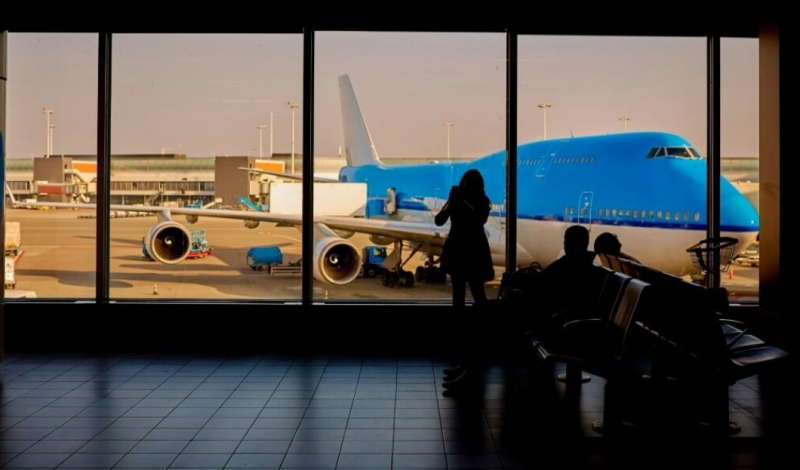The French aviation sector is struggling, arguably from a self-inflicted wound: a substantial increase in taxes on air travel. This has seemingly led to decreased traffic, diminished profits, and a palpable blow to business aviation.
Both airlines and airport authorities – even parts of the Ministry of Transport – are expressing concerns regarding the repercussions of the 2025 budget, particularly the tripling of the “solidarity tax on airline tickets” (TSBA), which took effect in March. Initially presented as a financial advantage, this tax is now largely considered detrimental to the travel industry, a crucial component of Europe’s second-largest economy.
This levy introduces an extra €4.77 for each domestic or intra-European flight departing from France, potentially reaching as high as €120 for long-distance business-class tickets. A study by the Directorate General of Civil Aviation (DGAC), which is part of the Ministry of Transport, indicates a negative impact. Reportedly, airlines have transferred the full tax cost onto passengers, contributing up to two percentage points of additional inflation in airfares. This effect also impacts “touchdown costs” – encompassing fees for landing, taxiing, parking, and passenger services – potentially weakening the competitive advantage of French hubs such as Paris Charles de Gaulle.
Reportedly, the numbers paint a clear picture. Since the second quarter, seat capacity on flights originating from France has increased by only 1.4%, visibly lagging behind the 4.7% increase observed across Europe. Optimism for a post-Paris Olympics travel surge has seemingly faded, with DGAC data suggesting that French airports are losing ground on medium- and long-haul routes. Transit traffic, essential for global hubs, is shifting to rival airports outside Europe, as higher taxes increase the cost of layovers in France.
Click here to preview your posts with PRO themes ››
These developments validate the warnings expressed during budget discussions in autumn 2024. The National Federation of Aviation and its Trades (FNAM) criticized the tax as a self-defeating move, detrimental not only to French aviation sector but to France’s appeal as a destination as well. The DGAC seemingly concurs, noting a “deteriorated competitive position of French airports” that threatens jobs and routes.
According to Air France-KLM CEO Benjamin Smith, the TSBA has negatively impacted the entire travel sector, including tourism and hospitality. The Union of Autonomous Airlines (Scara) shares this view, arguing that increased ticket costs are diverting passengers to other European markets and undermining the national flag carrier.
The impact is particularly notable in business aviation, where the tax increased substantially, leading to a significant decrease in demand. French operators recorded a substantial decrease in activity during the third quarter, while foreign firms experienced an increase. EBAA France, the sector’s leading association, has labeled the system as unfair.
The tax anticipates generating €850 million annually, with the majority allocated to the general state budget. However, environmental groups suggest that passenger numbers are influenced more by changing attitudes and airline policies than by costs alone, citing recent economic analysis.
As France’s lawmakers consider revisions to the 2026 budget, there’s a growing call for change within the French aviation sector. Without relief, the sector potentially faces a period of decline. For a nation dependent on tourism and trade, the skies might soon be friendlier elsewhere, at France’s expense.


